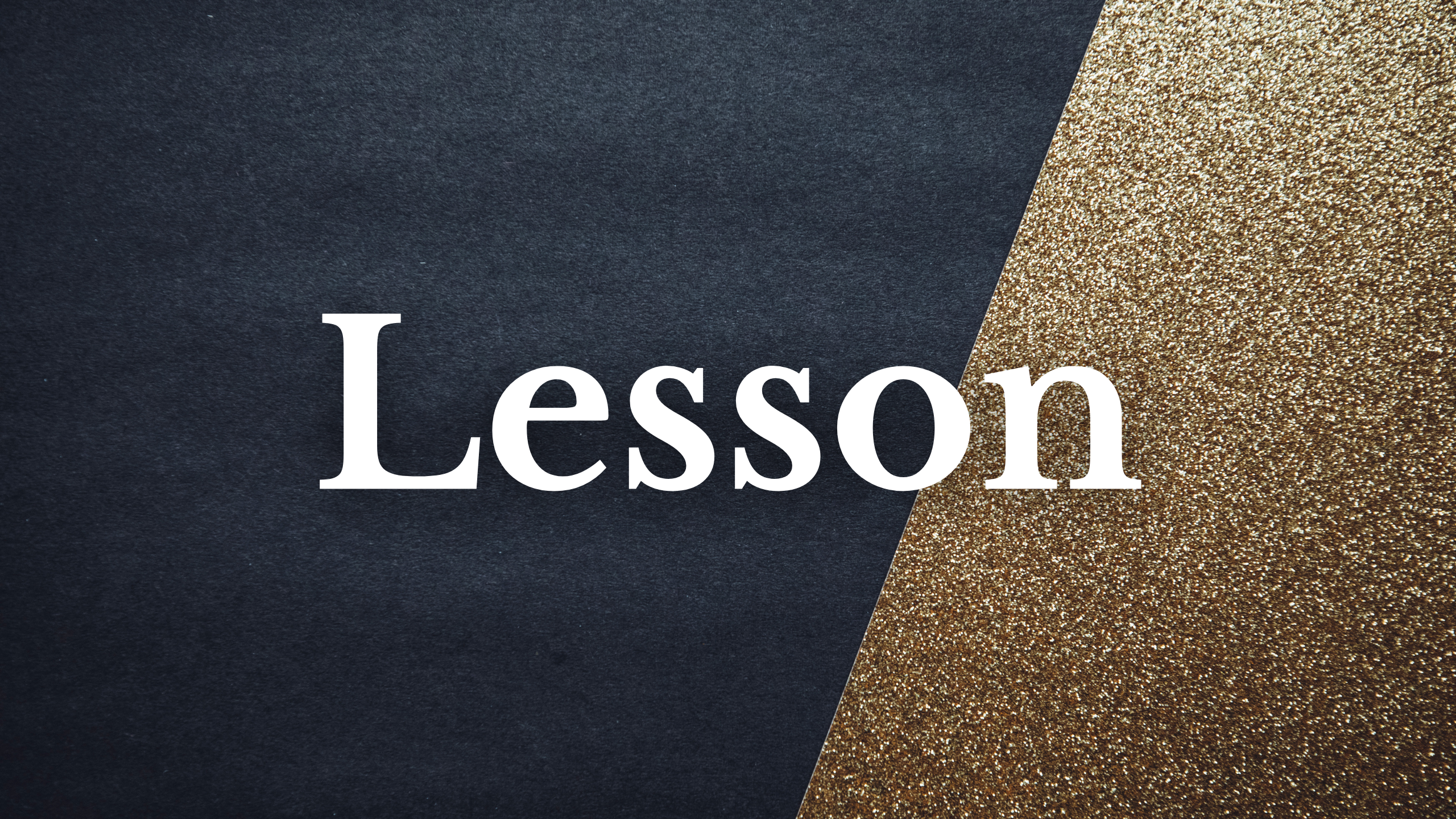The sentence-ending particles play a big role as they can change the meaning and nuance of a sentence substantially.
They express question, excitement, prohibition, admiration, wonder, wish, reminder, etc.
Let’s take a look!
〜か【Question】
You may know this one already!
The particle “か” at the end of a sentence turns it a question most of the time.
Verb in MASU form + か (?)
For example:
N3の教科書を持っていますか? Do you have a N3 textbook?
週末は何をしますか? What are you doing this weekend?
As you see, particle か goes together with the polite sentence (MASU form). In this case, the question mark is optional.
If you would like to ask casually, you can say like this:
N3の教科書、持ってる? Do you have a N3 textbook?
週末は何する? What are you doing this weekend?
Please note we often drop “を” particle in casual speech.
〜の【Informal question】
The particle “の” also works as a question particle. However, unlike “か,” you can make informal questions.
Verb in plain form + の?
For example:
今何してるの? What are you doing now?
どこへ行くの? Where are you going?
週末は何するの? What are you doing this weekend?
それ、食べないの? Are you not eating that?
Here, I would like to mention a slight difference between these sentences below:
①週末は何するの? What will you do at the weekend? (Asking the listener’s plan for the weekend.)
②週末は何する? What will you do at the weekend? OR What shall we do at the weekend? (It could mean both, so you will understanding the meaning based on the context.)
〜な【Warning and Prohibition】
You often see the particle “な” on the warning and prohibition.
Verb in dictionary form + な
For example:
踏切をくぐるな! Do not go through level crossings!
お酒を飲んだら車を運転するな!Do not drive a car if you’ve had a drink!
授業中に寝るな! Do not sleep during class!
〜ね【Confirmation】
The particle “ね” can add the nuance of confirmation. It means such as “Isn’t it?” “Right?” or “OK?”
Verb, adjective, noun + ね
For example:
午後1時の電車に乗るね。(Polite: 午後1時の電車に乗りますね。)I will catch the 1pm train, ok?
このピザ、美味しいね。(Polite: このピザ、美味しいですね。)This pizza is tasty, isn’t it?
いい天気だね。(Polite: いい天気ですね。)It’s a nice weather, isn’t it?
〜よ【”I tell you what” “You know?”】
The particle “よ” has the nuance of giving the listener a concrete information.
Verb + よ
I-adjective + よ
NA-adjective だ + よ
For example:
午後1時の電車に乗るよ。(Polite: 午後1時の電車に乗りますよ。)I’ll be on the 1pm train.
このピザ、美味しいよ。(Polite: このピザ、美味しいですよ。)This pizza is good.
いい天気だよ。(Polite: いい天気ですよ。)It’s a nice weather.
〜なぁ/〜なー【Admiration, wonder, wish】
Let’s look at another “な” particle.
Verb in たい-form + な (Wish)
Verb/adjective/noun + か + な (Wonder)
I-adjective + な (Admiration)
NA-adjective だ + な (Admiration)
This one is not about prohibition, this is about expressing admiration, wonder, or wish. Usually, we keep the vowel so it sounds more like なぁ or なー (2 moras) rather than な (one mora).
For example:
今日は寒いなぁ。Ah, it’s cold today.
あの人、綺麗だなぁ。Wow, that person is beautiful.
明日雨降るかな。I wonder if it’s going to rain tomorrow.
早く日本に行きたいなー。I wish I could go to Japan soon.




コメント